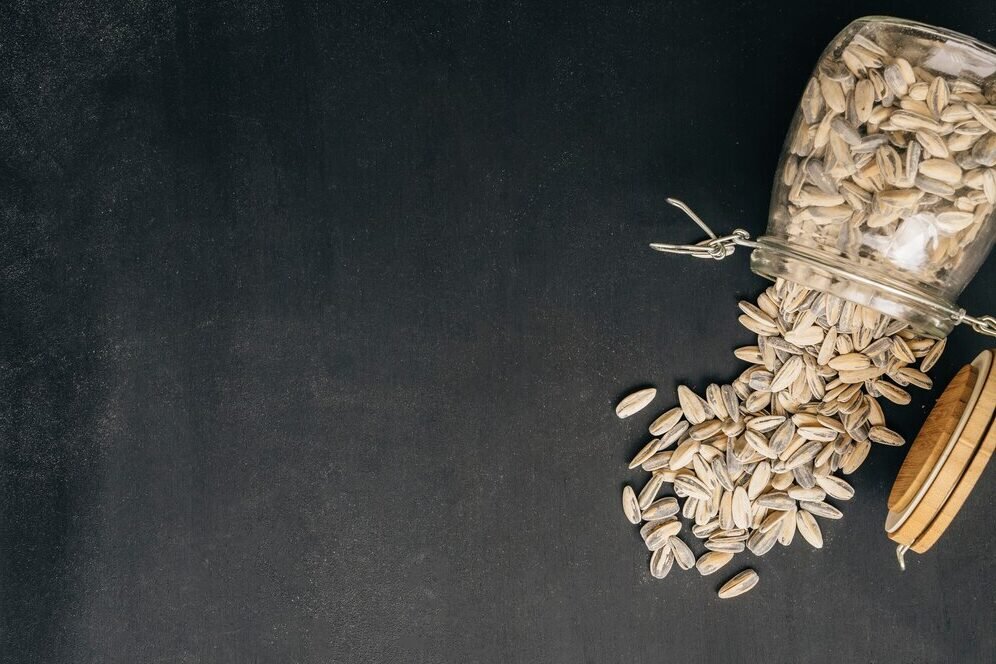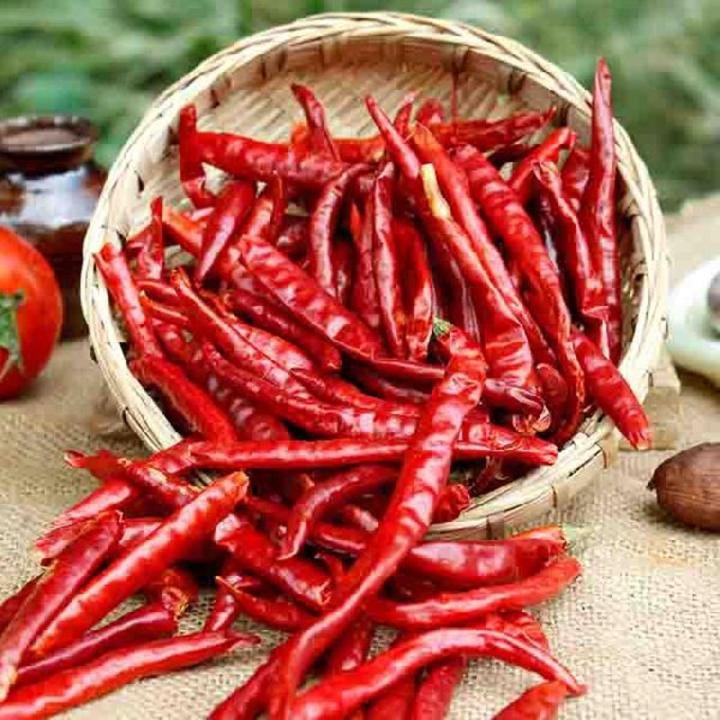
RED CHILLI
Red chillies, available in various forms such as whole, hybrid, crushed, and powder, add heat and color to dishes. They are essential in cuisines worldwide, from spicy curries to hot sauces, providing versatility in achieving the desired level of spiciness and flavor.
CRESS SEED
Cress seeds, or garden cress seeds, are tiny, nutrient-dense seeds with a peppery flavor. They are often sprinkled on salads, soups, and sandwiches, and are valued for their health benefits, including boosting immunity and improving digestion.
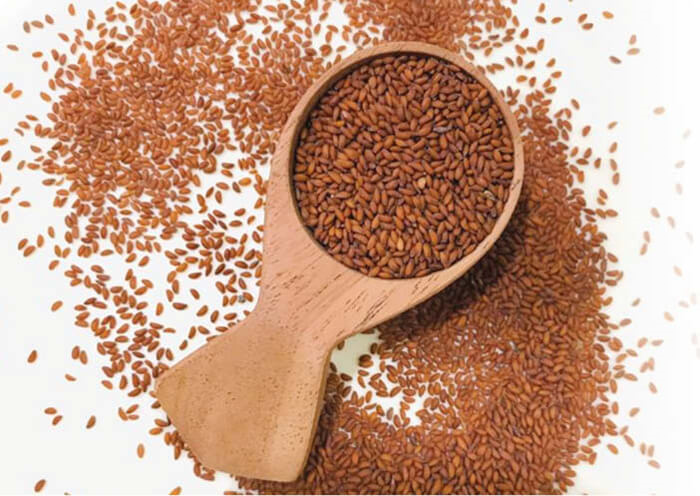
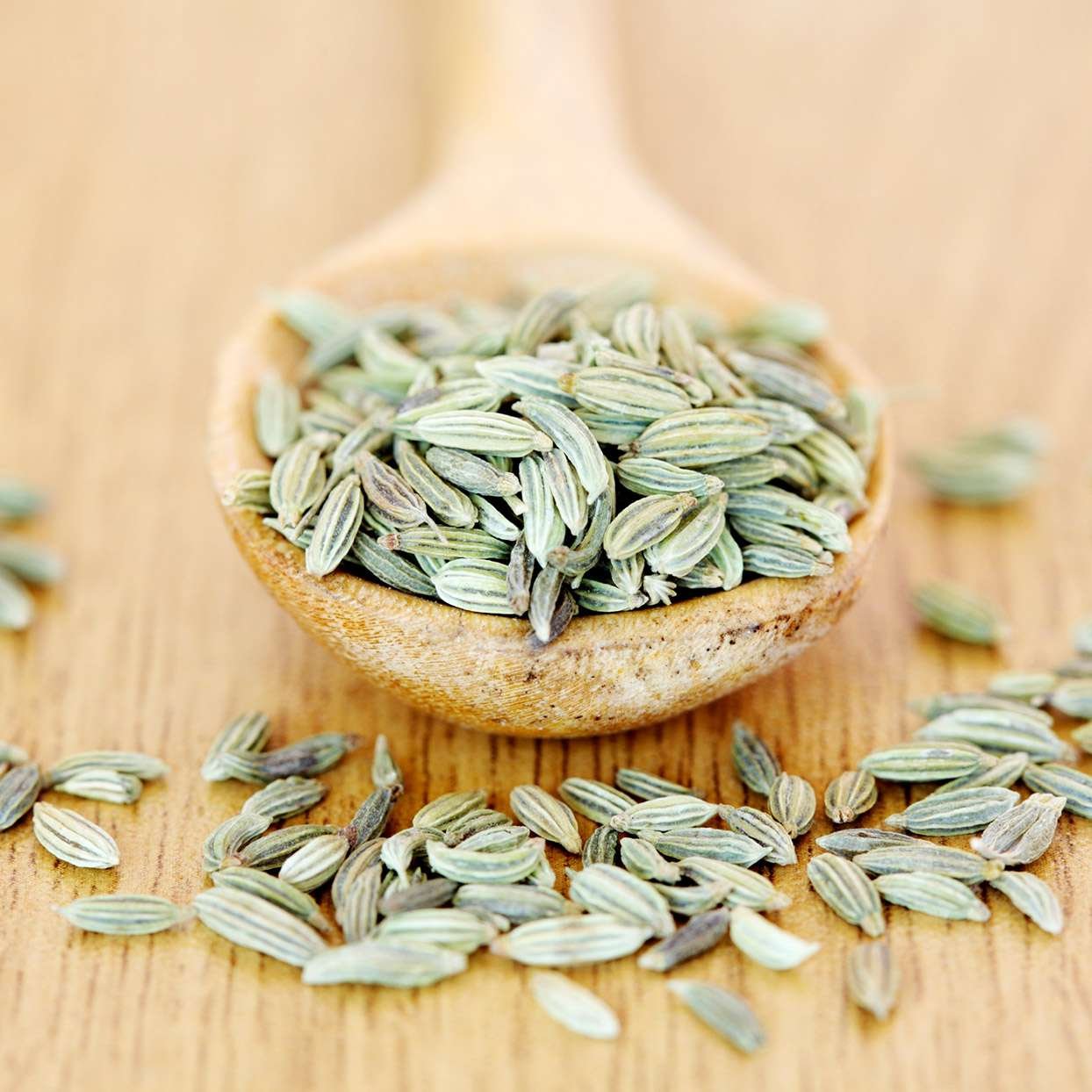
FENNEL SEED
Fennel seeds have a sweet, anise-like flavor and are commonly used in culinary dishes and teas. They are popular in Indian, Middle Eastern, and Mediterranean cuisines, adding a unique taste to breads, pickles, and spice blends, and also aid in digestion.
FENUGREEK SEED
Fenugreek seeds are small, yellow-brown seeds with a slightly bitter, nutty taste. Used extensively in Middle Eastern and Indian cooking, they enhance the flavor of curries, spice mixes, and pickles. Fenugreek is also known for its numerous health benefits, including improving metabolism.
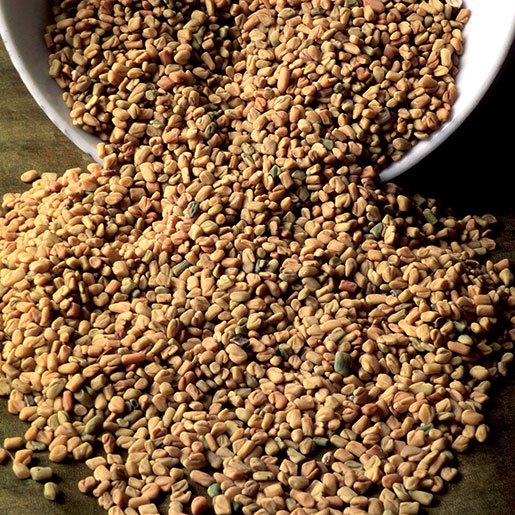
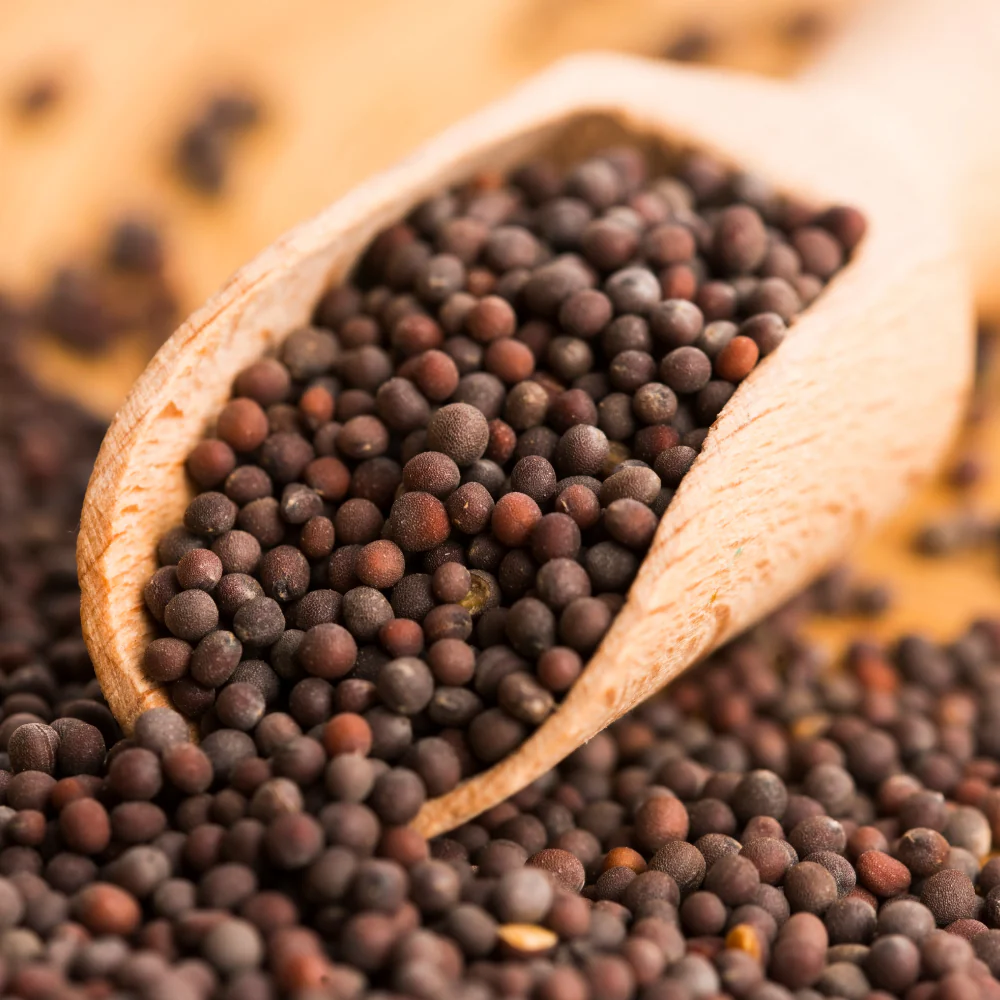
MUSTARD SEED
Mustard seeds come in yellow, brown, and black varieties, each imparting a sharp, tangy flavor to dishes. They are a key ingredient in mustard condiments, pickles, and spice rubs, and are essential in many regional cuisines for their robust flavor and health properties.
BASIL SEED
Basil seeds, similar to chia seeds, swell in water to form a gel-like texture. They are commonly used in Asian drinks and desserts, providing a refreshing addition to beverages. Rich in fiber and nutrients, basil seeds are also known for their cooling properties and digestive benefits.
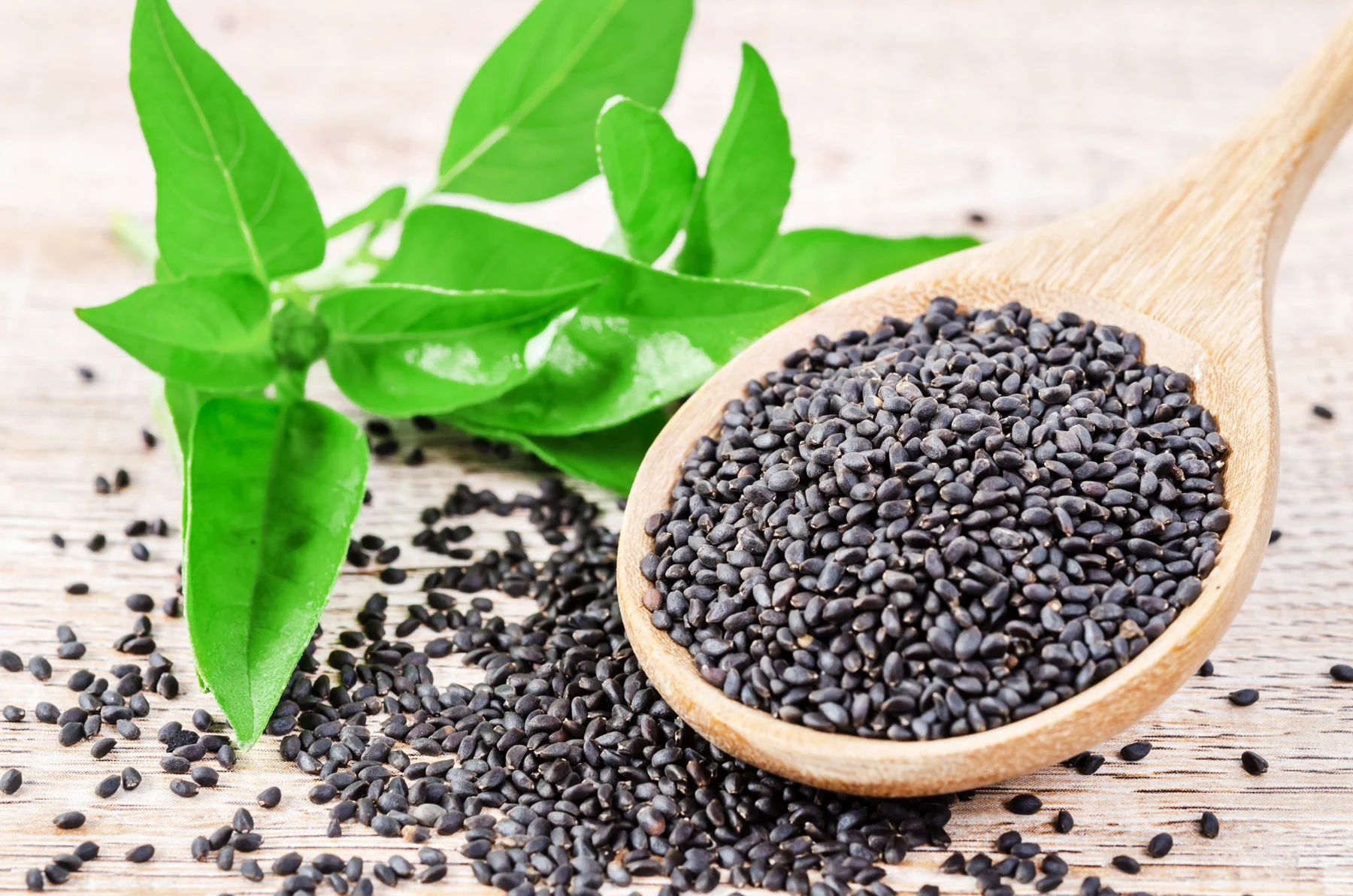
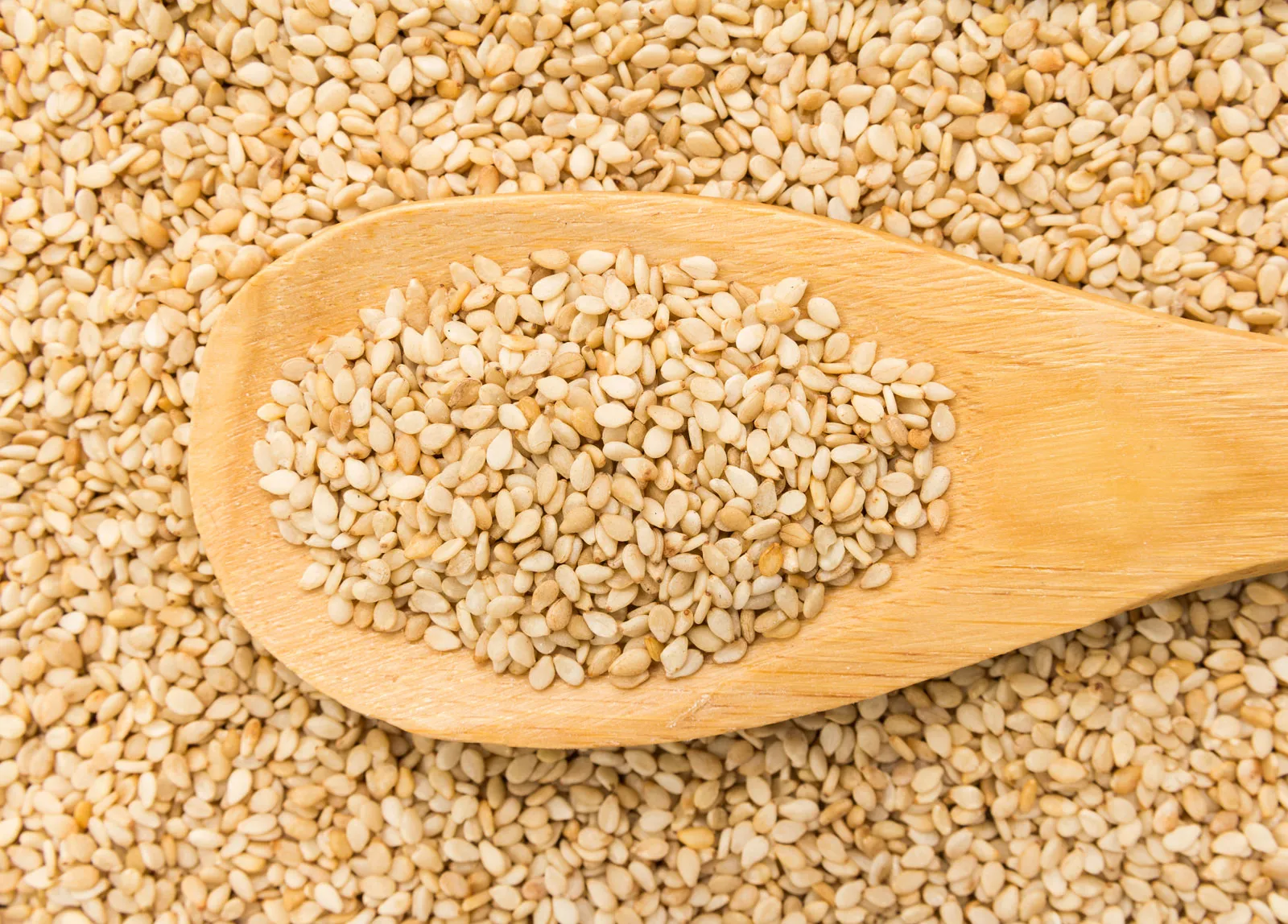
SESAME SEED
Sesame seeds, available in white and black varieties, have a rich, nutty flavor and are used extensively in baking, cooking, and as a topping for bread and salads. They are valued for their high oil content and nutritional benefits, including healthy fats and minerals.
RICE
Basmati rice, famous for its long grains and aromatic fragrance, is ideal for gourmet dishes such as biryanis and pilafs. Varieties like 1121 Basmati Sella and 1121 Steam Basmati are cherished for their fluffy texture and ability to absorb flavors, making them perfect for festive meals.
Non-Basmati rice varieties, such as PK-386, IR-6, and IR-9, offer diverse grain sizes and textures suitable for everyday meals. These varieties are commonly used in regional dishes, fried rice, and as staples in various culinary traditions, providing versatility and affordability.
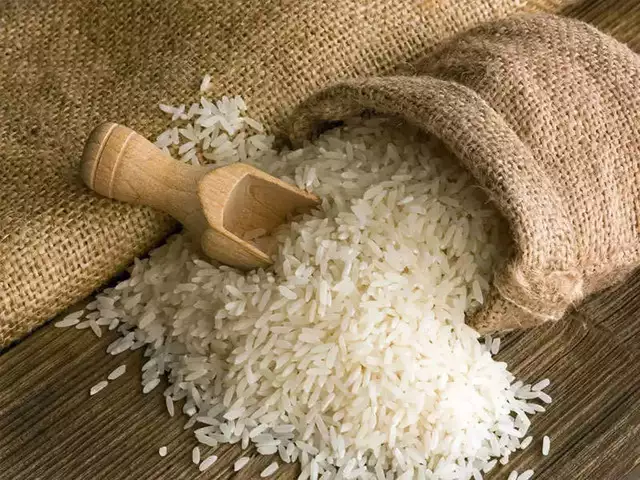
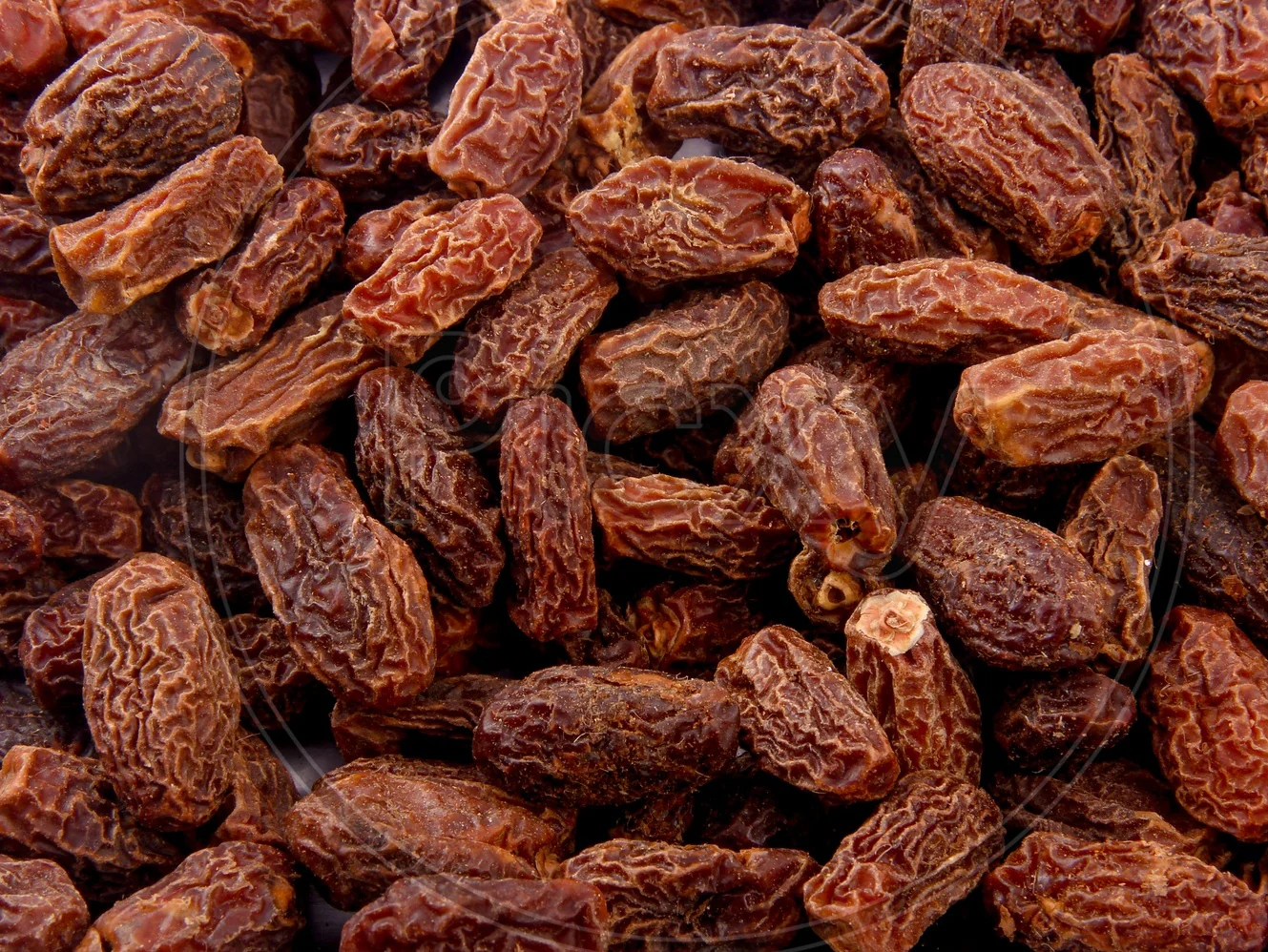
DRY DATES
Dry dates are naturally sweet and chewy, packed with vitamins, minerals, and fiber. They make an excellent snack for an energy boost and are often used in baking, desserts, and Middle Eastern cuisine. Their rich, caramel-like flavor enhances both sweet and savory dishes.
CORIANDER SEED
Coriander seeds have a warm, citrusy flavor and are a staple in spice blends and curries. Used whole or ground, they add depth to a variety of dishes, including pickles and stews. Coriander is also known for its digestive benefits and aromatic qualities.
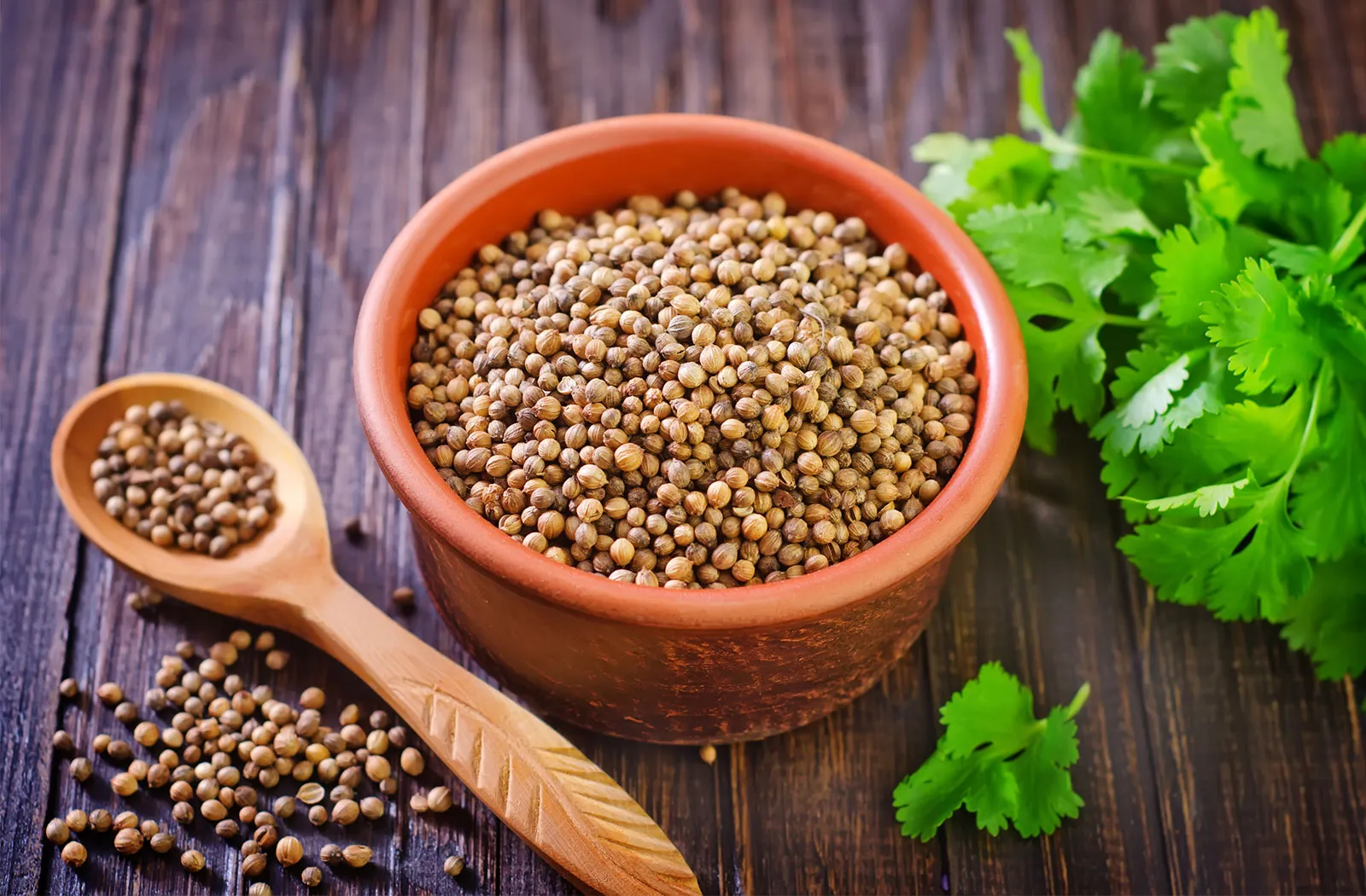
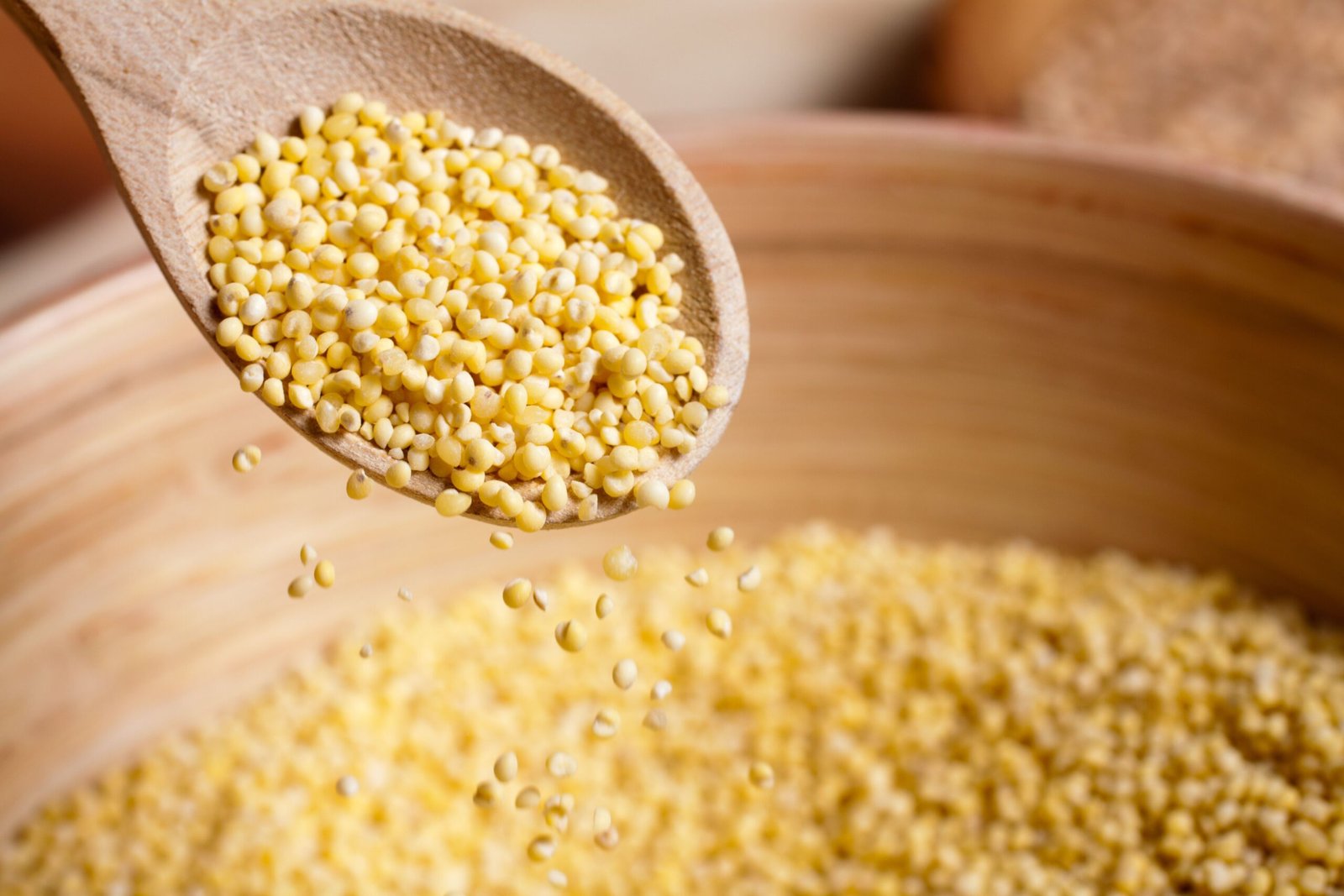
MILLET
Millet is a gluten-free, nutrient-rich grain with a mild, nutty flavor. It is used in porridges, salads, and as a rice substitute. Millet is valued for its health benefits, including being rich in fiber, vitamins, and minerals, making it a staple in healthy diets.
MAIZE
Maize, or corn, is a versatile grain used fresh, dried, or ground into flour. It is essential in various culinary forms such as tortillas, popcorn, and cornmeal. Maize is a dietary staple in many cultures, known for its sweet taste and nutritional value.
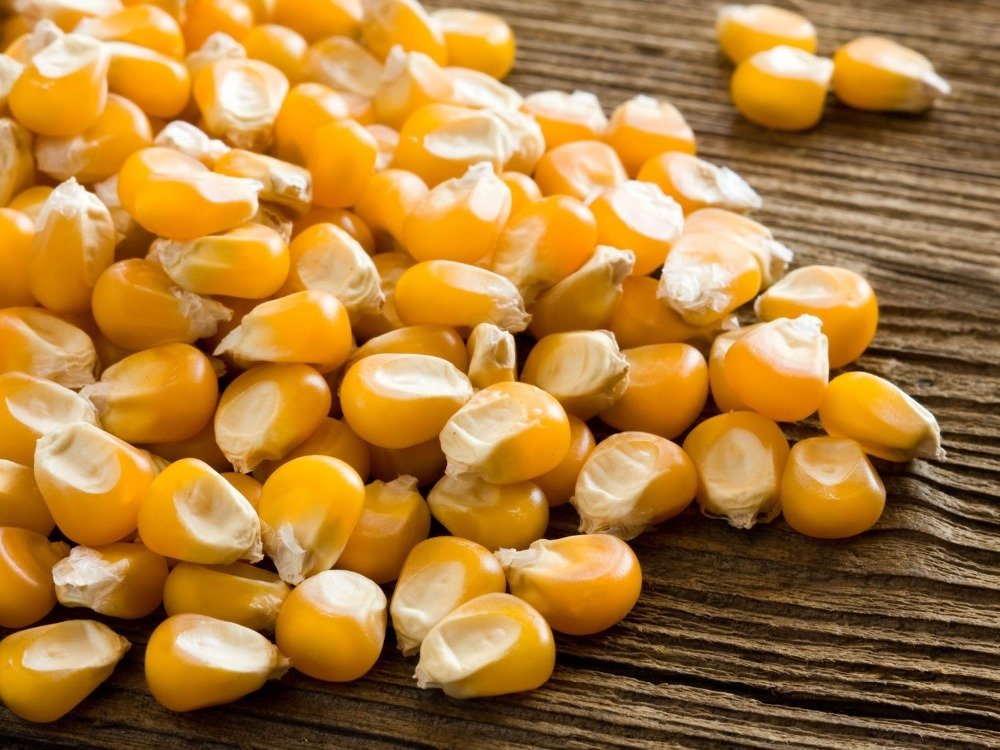
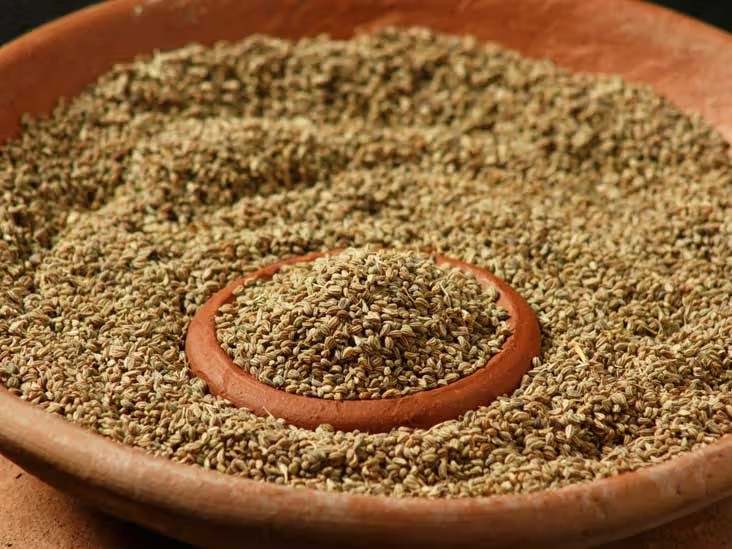
CAROM SEED
Carom seeds, also known as Ajwain, are small, oval seeds with a pungent, thyme-like aroma. They are widely used in Indian cuisine to flavor bread, snacks, and curries. Known for their digestive properties, they add a distinctive taste and medicinal benefits to dishes.

